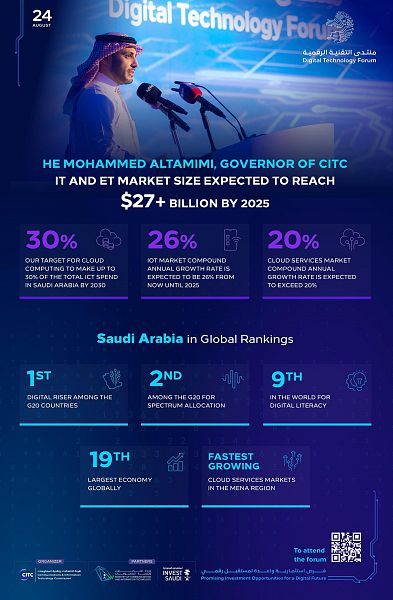
DUBAI — The GCC e-commerce sector is forecasted to reach a value of $50 billion by 2025, according to a new report by Kearney Middle East.
The report titled ‘GCC e-commerce unleashed: a path to retail revival or a fleeting mirage?’ predicts that e-commerce will become the main source of growth in the retail sector over the next five years.
The report forecasts a larger acceleration in e-commerce between 2020 and 2022, at 20 percent CAGR, and 14 percent until 2025. Without COVID-19, the same growth was projected at 14 and 10 percent respectively. This highlights the impact of the pandemic on accelerating the growth of the sector in the region.
“E-commerce continues its rapid growth in the region. In our last e-commerce outlook for the GCC in 2017, we forecasted growth of 35 percent CAGR, which was essentially more than a four-fold jump in value for the sector between 2015 and 2020. By the end of 2019, it was worth just short of $18 billion, with signs of maturing growth and intense market competition.
“However, COVID-19 caused an unforeseen push and gave a new, accelerated lease of life to the sector, in line with what we have seen in global markets. This is due to a rapid change in consumer behavior, with unprecedented adoption of e-commerce by all population segments, spurred to a large extent by the new normal of social distancing, lock-downs and reduced capacity in physical stores,” commented Adel Belcaid, partner, Kearney Middle East.
While the report highlights the effects of a more definitive shift to online on major retail groups, it also explores the likely implications and imperatives on the two other key actors within the retail ecosystem; real estate and small and medium enterprises (SME).
Key challenges including the rise of pure play e-commerce marketplaces, the large investment in digital by retail giants, and the declining physical store sales pose a threat commercial real estate and the survival of SMEs that have not yet adopted to online sales channels. An earlier survey by Kearney in the UAE indicates that just 36% of SMEs have made the investment so far, while only 4% planning to sell online in the future.
“The projected growth in GCC e-commerce rests on crucial factors like the logistics infrastructure, flexible manpower models and centrally governed policies. All stakeholders should take note and revisit their strategies, operating models and policies to adapt and make the best of this e-commerce driven new normal.
Those who have already made the investment have weathered the storm and are well positioned to lead in the post-COVID retail revival. More than ever, those who fail to make the required changes and investments will be sidelined and put their very survival in question,” concluded Debashish Mukherjee, Partner, Kearney Middle East. — SG












